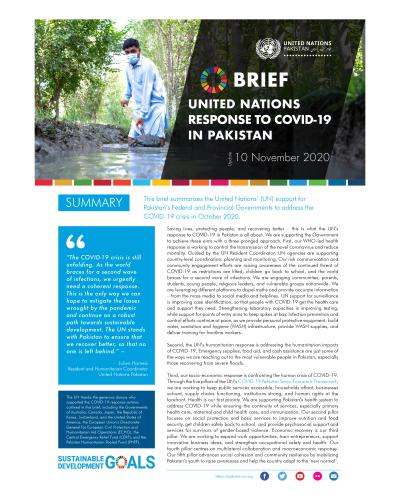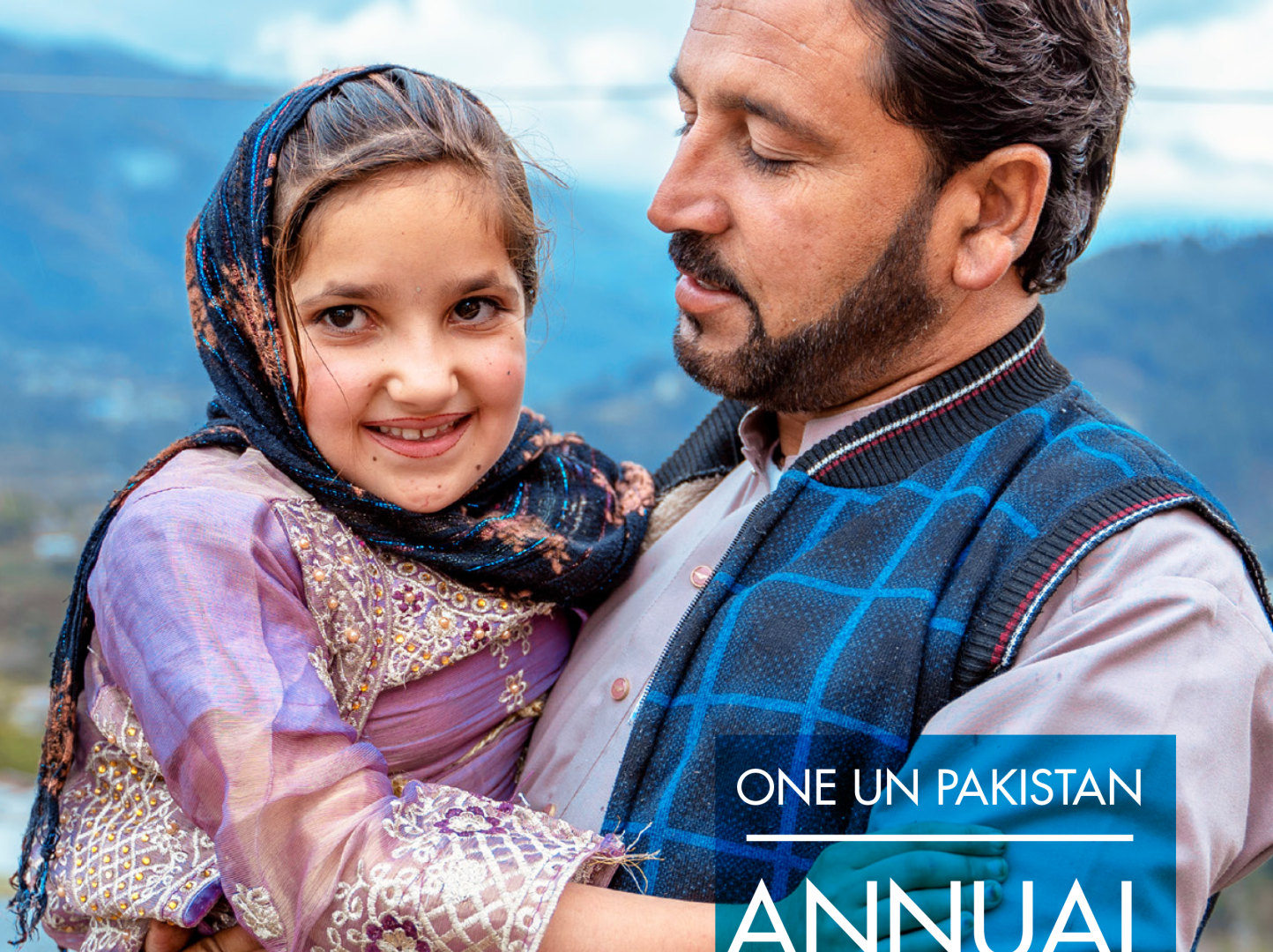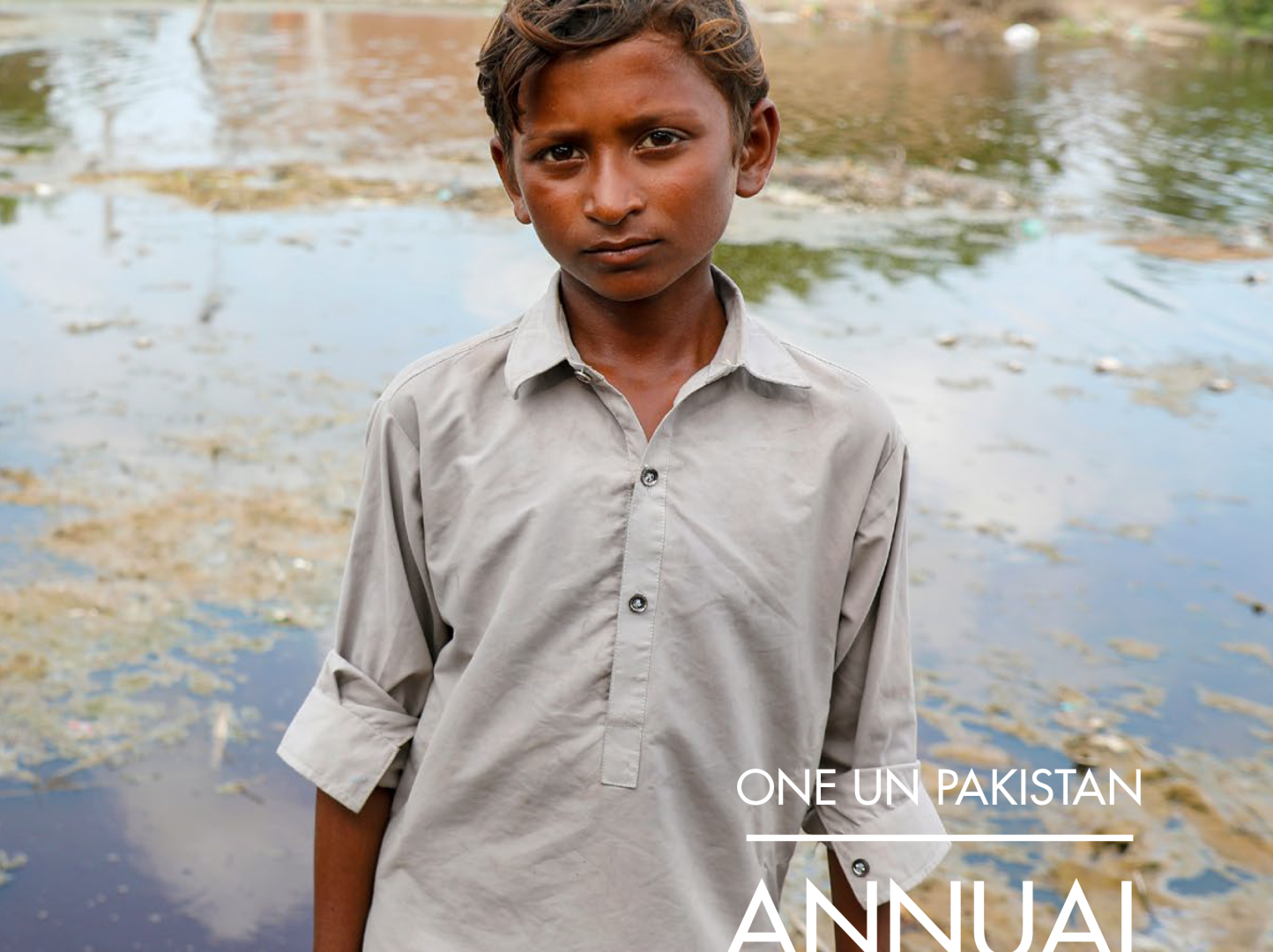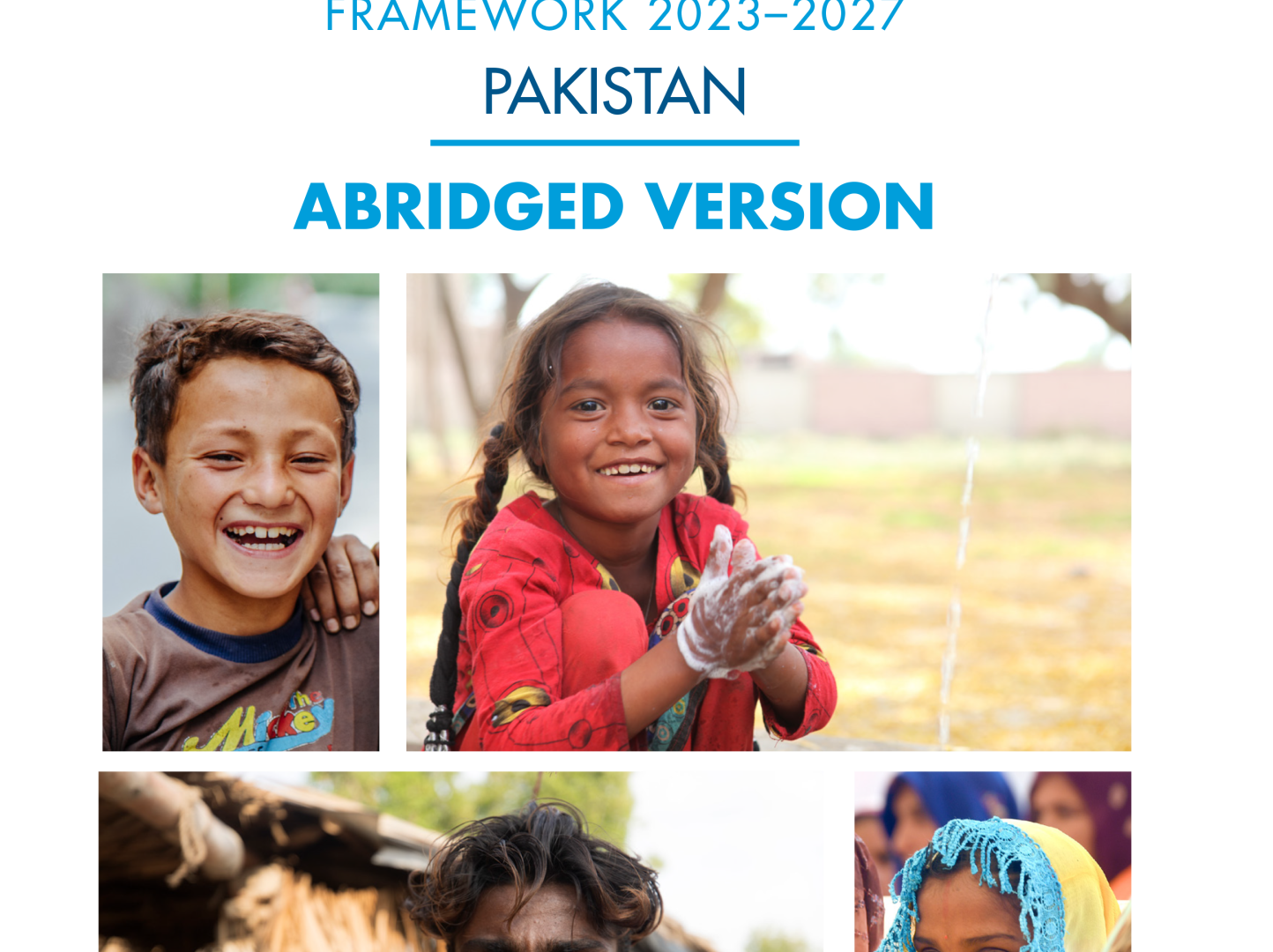Brief: United Nations response to Covid-19 in Pakistan, November 2020

Saving lives, protecting people, and recovering better – this is what the UN’s response to COVID-19 in Pakistan is all about. We are supporting the Government to achieve these aims with a three-pronged approach. First, our WHO-led health response is working to control the transmission of the novel coronavirus and reduce mortality. Guided by the UN Resident Coordinator, UN agencies are supporting country-level coordination, planning and monitoring. Our risk communication and community engagement efforts are raising awareness of the continued threat of COVID-19 as restrictions are lifted, children go back to school, and the world braces for a second wave of infections. We are engaging communities, parents, students, young people, religious leaders, and vulnerable groups nationwide. We are leveraging different platforms to dispel myths and provide accurate information – from the mass media to social media and helplines. UN support for surveillance is improving case identification, so that people with COVID-19 get the health care and support they need. Strengthening laboratory capacities is improving testing, while support for points of entry aims to keep spikes at bay. Infection prevention and control efforts continue at pace, as we provide personal protective equipment, build water, sanitation and hygiene (WASH) infrastructure, provide WASH supplies, and deliver training for frontline workers.
Second, the UN’s humanitarian response is addressing the humanitarian impacts of COVID-19. Emergency supplies, food aid, and cash assistance are just some of the ways we are reaching out to the most vulnerable people in Pakistan, especially those recovering from severe floods.
Third, our socio-economic response is confronting the human crisis of COVID-19. Through the five pillars of the UN’s COVID-19 Pakistan Socio-Economic Framework, we are working to keep public services accessible, households afloat, businesses solvent, supply chains functioning, institutions strong, and human rights at the forefront. Health is our first priority. We are supporting Pakistan’s health system to address COVID-19 while ensuring the continuity of services, especially primary health care, maternal and child health care, and immunization. Our second pillar focuses on social protection and basic services to improve nutrition and food security, get children safely back to school, and provide psychosocial support and services for survivors of gender-based violence. Economic recovery is our third pillar. We are working to expand work opportunities, train entrepreneurs, support innovative business ideas, and strengthen occupational safety and health. Our fourth pillar centres on multilateral collaboration and macroeconomic response. Our fifth pillar advances social cohesion and community resilience by mobilizing Pakistan’s youth to raise awareness and help the country adapt to the ‘new normal’.
















